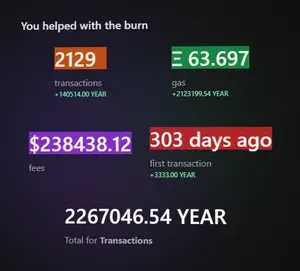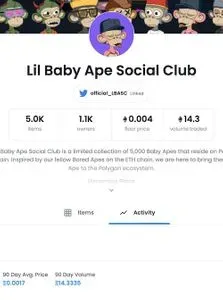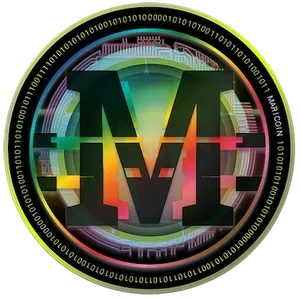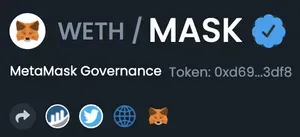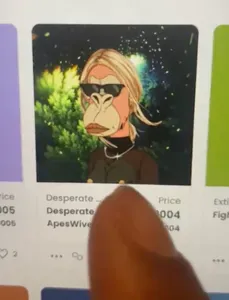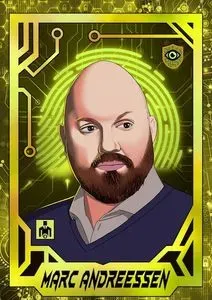$YEAR creator rings in the New Year by rugpulling about $225,000
- "Airdrop culture could pose integral threat to DeFi industry", Cointelegraph
- "Ethereum Project Airdrops Scam Token, Then Pulls the Rug", Crypto Briefing
NFT collector scammed out of $2.2 million in a phishing attack
"I been hacked. all my apes gone." tweeted Kramer, in a phrase that ultimately became a catchphrase of the NFT world (and its critics).
After asking for help on Twitter, OpenSea froze the stolen assets, preventing them from being traded on their platform. Some commenters noted that the redress (asset freezing and flagging of suspicious accounts) was only possible because OpenSea is a centralized platform with a large amount of power in the NFT arena, which some see as antithetical to the supposed ideals of web3. This also raises the question of whether BAYC themselves have a way to determine "legitimate ownership" of their NFTs, which in addition to being expensive status symbols also grant their owners exclusive perks including merchandising rights and access to events.
p>Blatant copy of Solana's popular "Baby Ape Social Club" rakes in more than $50,000 before being taken down by OpenSea
"1st LGBTQ+ Cryptocurrency" brings pinkwashing to crypto
"No network can withstand the electricity consumption that is recorded there", says energy company chairman of the effects of cryptocurrency mining in Georgia
Traders duped out of $1.8 million in a fake MetaMask governance token scheme
- "Fake MetaMask Governance Token Soars 2600% and Gets Rug-Pulled", CryptoPotato
- "$1.8M Lost to Fake MetaMask Token Honeypot Scam", Crypto Briefing
Rapper Waka Flocka Flame has an OpenSea account hacked to the tune of $19,000
MetaSwap Gas project rugpulls about $600,000
MetaDAO project rugpulls for more than $3.2 million
- "MetaDAO Makes Off With $3.2M in Rug Pull", Cryptobriefing
Another NFT project sells NFTs depicting real people without their consent
The "Cipher Punks" NFT project tried to sell NFTs with illustrations of various cypherpunks, or at least the ones that were listed on Wikipedia. The project said that it intended to "[honor] everyone involved in the CypherPunk movement. They are our heroes, and we need to recognize them". Apparently honoring them did not also involve asking for their consent to be used in the project, as Jillian York tweeted on December 26, "I don't approve of this whatsoever and would like it removed."
ItsBlockchain, the group behind the project, subsequently announced that they would scrap the project and apologized. This apology rang a little hollow, to me, after they retweeted a tweet saying "never meet your heroes" in reference to the individuals asking that the project stop using their likeness without their consent, for their own profit.
